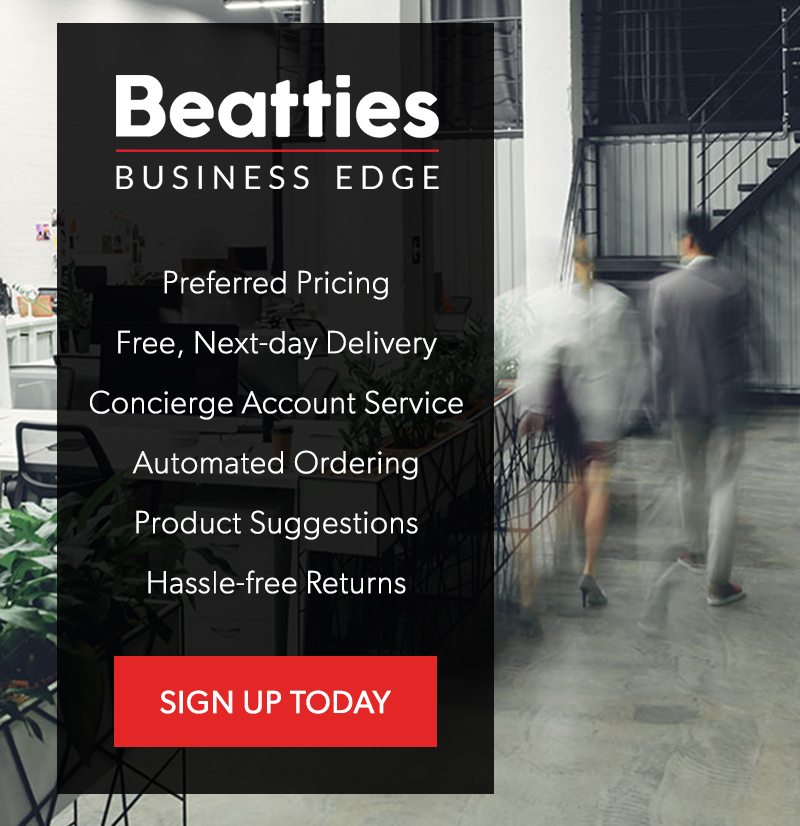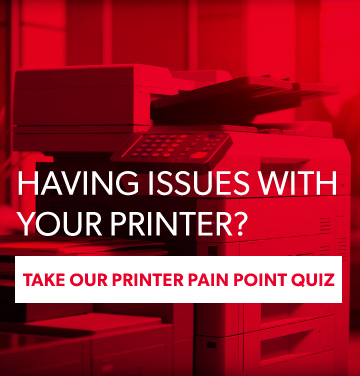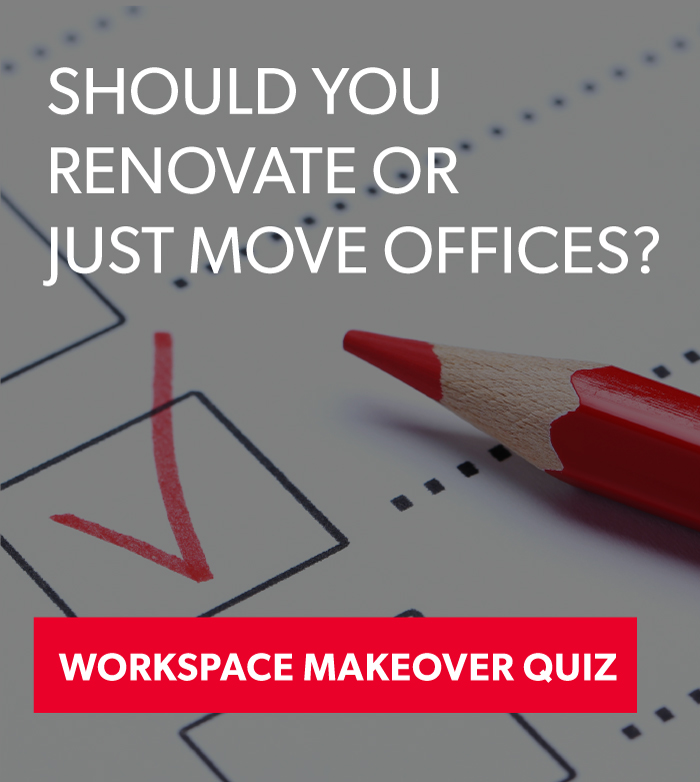Welcome to the future of work.
Here’s what the experts are predicting.
If hindsight is 2020, then perhaps foresight is 2021. Here are three predictions for the workplace of the future from some of the greatest thinkers on business and culture. Use them when making plans for your organization, so you’re not just surviving in the present, you’re thriving into the future.
A new kind of office.
Not so long ago, offices were seen as the head and heart of most organizations. Open concept spaces, “hoteling,” and maximizing employees per square foot were common company preoccupations. Even though many businesses had the technology to support remote work, few allowed their employees to work from home. With eight in 10 people in a 2020 McKinsey survey saying they enjoy working from home and 69% saying they’re as productive or more productive than when they went to the office every day, the centralized workplace may require a rethink. The office of the future may be smaller. It may be designed primarily to support tasks that are best done face-to-face, such as larger group collaboration and culture building. Space may be organized for physical distancing, alternating occupancy and flexible uses. And technology will take centre stage to support efficient and meaningful virtual relationships among employees, clients, volunteers and members.
The concept of work as being something primarily done within the four walls of a company’s office will be regarded as outdated. Employees will demand the ability to work remotely, wanting greater flexibility. Most companies, if not all, will recognize the large-scale benefits remote working offers and enable some sort of hybrid approach.
Jamshid Rezaei
CIO of Mitel, in The Future of Work in a Post-COVID Era
More meaningful work.
A paycheque is important, but people are happiest when they find meaning in their work. This isn’t a new idea. Back in 1974, research on the history of work suggested that “daily meaning” was as important as “daily bread.” A 2017 survey conducted by BetterUp found that more than 9 in 10 employees were willing to trade a percentage of their lifetime earnings for greater meaning at work. The COVID-19 pandemic brought work and meaning into sharp focus. Connection, compassion and contribution became the new community currency. With safety and security at stake, people began thinking differently about the work they did and who they were doing it for. Deloitte’s 2020 Global Human Capital Trends report calls on organizations to not simply talk about purpose, but embed meaning into every aspect of work every day. The successful business of the future will have strong social supports, a company culture that emphasizes shared purpose, and opportunities for employees to be creative and contribute, whether they work in management or on the retail floor.
As companies begin work on inventing a future that does not exist yet, they would be wise to mobilize the business understanding and sense of purpose of their employees as input to their planning process.
Hubert Joly
Hubert Joly Harvard Business professor and former chairman of Best Buy, in Lead Your Team into a Post-pandemic World
Technology takes over.
Technology will define the workplace of the future. A key challenge, according to Deloitte, will be to remain human in a technology-driven world. The need to manage and monitor remote workers is predicted to become more pressing for some organizations. The best ones will use real-time workforce data and insights to positively impact employee-employer relationships, including supporting mental health and wellbeing. The artificial intelligence (AI) revolution is predicted to gain momentum. So-called “software robots” are expected to play a greater role in the future to safeguard workplaces and work processes where remote work and physical distancing are difficult. Even the humble printer will look different in the workplace of the future. Businesses will increasingly move from cheap, single function, standalone machines to multi-function printers that are networked in the cloud, allowing secure printing and document management, even from home. Look for printers that operate with facial and voice recognition and smart card authentication, and printers that help turn traditional paper-based processes into digital workflows.
Organizations should evolve their thinking about technology from taking a purely substitution view (replacing humans with technology) to using technology as an augmentation or collaboration strategy.
Erica Volini
Principal at Deloitte Consulting LLP, in Returning to Work in the Future of Work
If there’s one thing 2020 taught us, it’s that uncertainty is the only thing we can truly count on. Consider these predictions as possibilities to prepare for, while remembering that values such as resilience, flexibility and meaningful connection may ultimately serve us better than any prescription for the future. BACK TO BLOG





